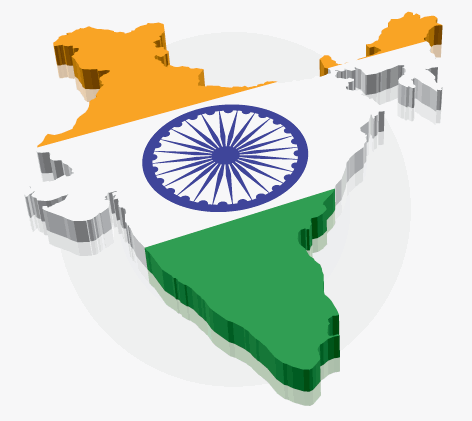Winfried Heinen, chairman of Gen Re’s executive board of directors, spoke out against the regulatory hurdles of operating in India, saying the requirement to hold capital within the Indian branch would mean higher costs are passed on to consumers, in a recent interview with The Hindu.
 “I think I am not speaking on behalf of Gen Re alone but for all international reinsurers. Reinsurers do like open competition. The more we diversify, the better we can use our capital.”
“I think I am not speaking on behalf of Gen Re alone but for all international reinsurers. Reinsurers do like open competition. The more we diversify, the better we can use our capital.”
“Clearly there is a consensus in the international reinsurance market that minimum protectionism and low legal hurdles will benefit the market,” he said.
His comments come after Berkshire Hathaway owned Gen Re opened a branch in India earlier this month, Heinen said the firm would navigate the market challenges with a careful focus on earnings; “The market conditions are very tough in the general reinsurance business. We will be interested in focusing on our bottom line and not so much of our top line.”
This year saw major reinsurers including Swiss Re, Munich Re, Hannover Re, SCOR and RGA (Reinsurance Group of America) open India branches after regulation relaxed to encourage capital influx and market competition.
India’s reinsurance regulators have commissioned a special report on the industry in India and the impact on the country of allowing foreign firms to open branches in India, but with limited access to the market with first right of refusal given to Indian firms, so the regulatory environment could be set to change in the near future.
Under current regulation, branches operating in India are required to hold initial start capital within the entity, which isn’t allowed to be used elsewhere, Heinen said this made business in India inefficient as increased costs would be passed onto consumers; “In my opinion, since we are a branch, the branch should not have capital of its own. A branch is part of a much bigger entity.
“To grow more in India, we have to bring in more capital — which we cannot use anywhere else, and that makes it more expensive to do business in India. This will be reflected in the prices we can offer to our clients, and probably this will again be reflected in the prices they offer to their clients. This inefficiency has a knock-on effect on the customers.
“By law, we have to bring in $15 million (Rs 100 crore) and then we have to increase the capital as the size of the business grows.”
Indian government officials recently raised concerns over potentially inadequate reinsurance supply for the Pradhan Mantri Fasal Bima Yojana (PMFBY), the government-sponsored crop insurance scheme, as global reinsurers appear to be losing interest in supporting the scheme.
And a newly released Economic Survey by the Indian government’s Ministry of Finance and Department of Economic Affairs called for a renewed emphasis on developing India’s underserved climate insurance market to protect and stimulate the country’s economic and social development.
So there’s a clear awareness within the Indian government of the importance of boosting the country’s reinsurance industry, however, whether this is translated into relaxed regulations for foreign reinsurers remains to be seen.
The committee examining India’s regulatory framework for reinsurers has an end of August deadline for submitting a report complete with recommendations for the Indian regulator.


